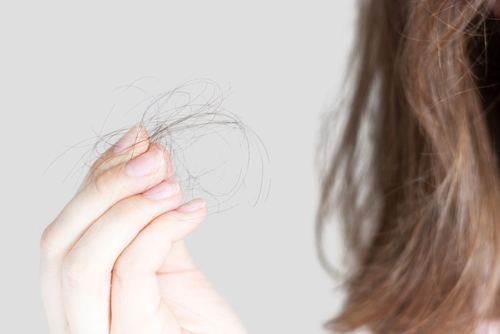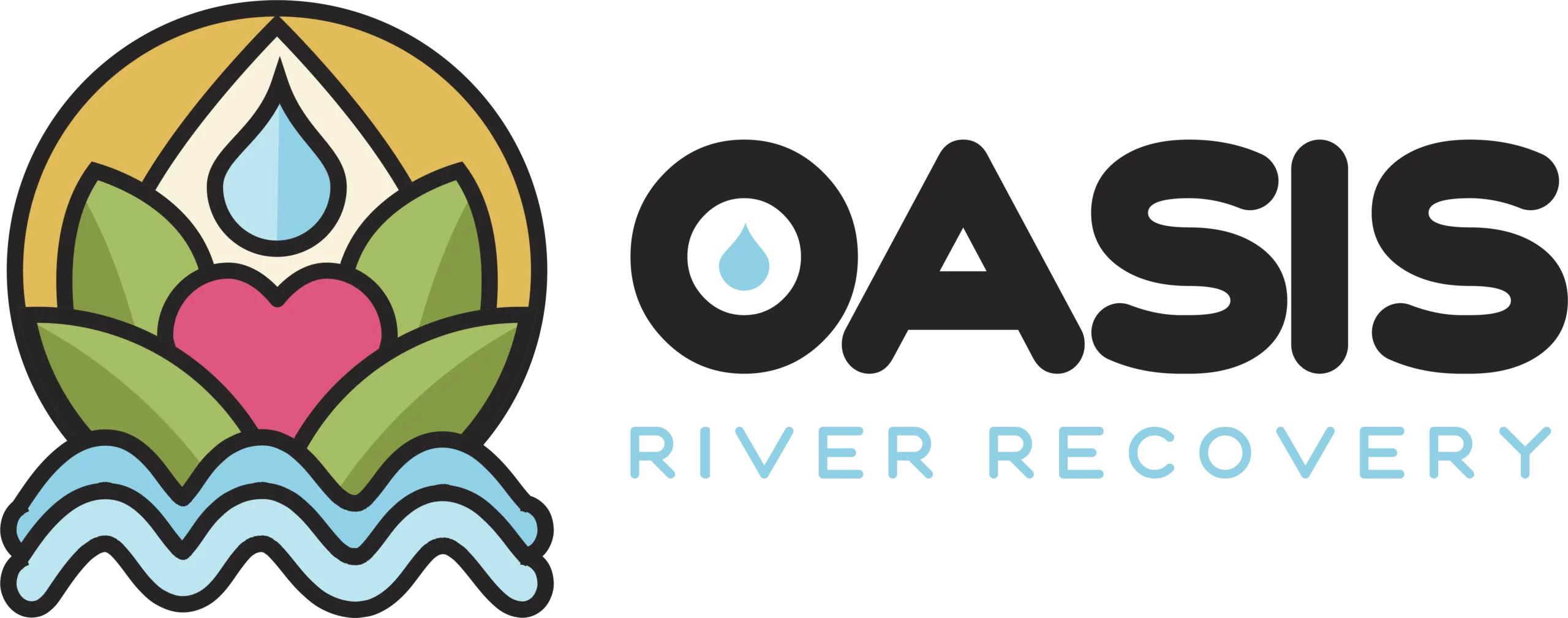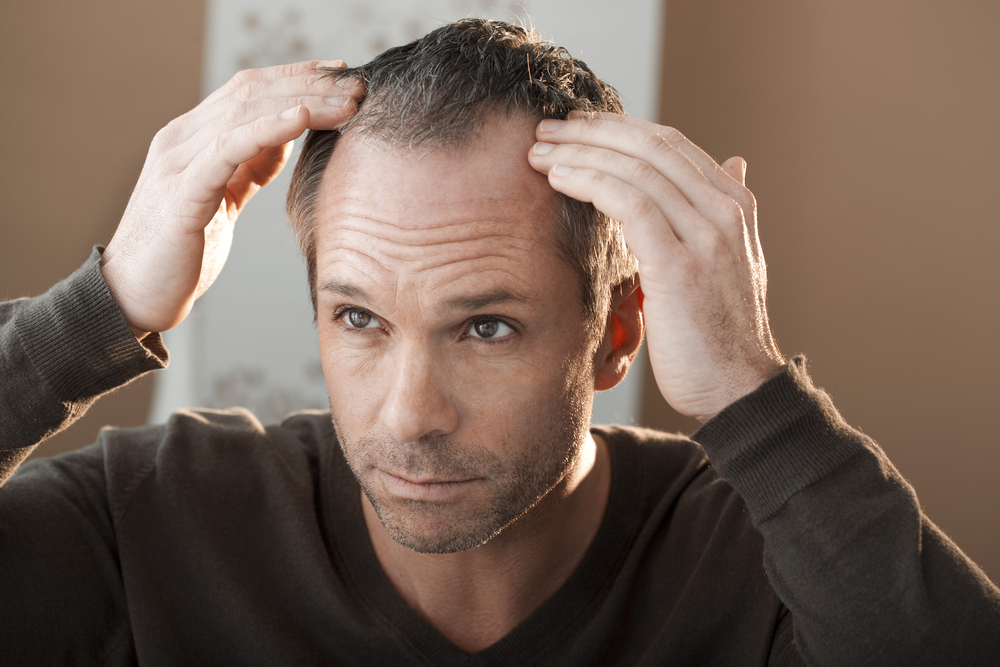More than 2.5 million people in the United States. It’s one of the most addictive drugs available. Common side effects of meth include weight loss, paranoia, and agitation. However, meth use can also lead to damaged skin and can cause hair loss.
Connect With Us Now
Reach out to us now for immediate support, or let us know the best time to contact you through our confidential callback service. Your journey to healing is just a conversation away.
Why Does Meth Use Lead To Hair Loss?
Chemical buildup in hair follicles: Meth use can lead to drug-induced alopecia, which can cause sudden, temporary or permanent hair loss. Chronic meth use (defined a frequent and escalating drug use) can lead to a chemical build up in the body’s tissues, including hair follicles. This disrupts normal functioning of hair follicles and the scalp, leading to conditions such as dryness, brittleness, and damage to the hair shaft. This can lead to hair loss.
Nutritional deficiencies: Stimulants, like methamphetamine, are known to reduce appetite. This can lead to nutritional deficiencies and overall poor health which can worsen hair loss and thinning.
Anxiety: Research indicates a strong connection between chronic meth users and anxiety disorders. Anxiety can lead to nervous habits such as fidgeting, picking at one’s skin, and hair pulling. Continuously pulling hair can permanently damage the hair follicle, inhibiting growth.
Damaged immune system: Drug use negatively impacts your immune system, leaving you susceptible to skin conditions associated with meth and hair loss, such as psoriasis.
Poor hygiene: Substance abuse can lead to neglected self-care and hygiene. As users fail to wash or brush their hair, dead skin cells and damaged strands build up, leading to dandruff, itchiness, irritation and damage to follicles, resulting in alopecia (hair loss) over time.

Other Causes Of Hair Loss
Meth use isn’t the only cause of hair loss. Other common causes for hair loss include:
Skin conditions (alopecia areata, scalp psoriasis, seborrheic dermatitis)
Scalp infections, which can result from tactile (touch) hallucinations induced by meth use
Hormone imbalance
Chemotherapy
Genetics
Stress
While hair loss isn’t necessarily permanent, it can be in some cases. Before getting treated for hair loss, visit your doctor to understand your options and whether your condition is treatable. If you’ve noticed hair loss after a recent increase in meth use, you should also reach out to an addiction treatment center.
Other Side Effects of Meth Use
There are many health risks associated with crystal meth use besides hair loss. Although meth is known for inducing an intense high, those who use are also at an increased risk of drug toxicity and overdose. Some of the most common side effects associated with methamphetamines include:
Hypertension
Insomnia
Anxiety
Aggression
Rapid heart rate
Stroke or heart attack
Death
Signs Someone Is Using Meth
16 million Americans admitted to using meth in the most recent National Survey on Drug Use and Health. While a single use may not trigger addiction, the drug’s rewarding effects may be difficult to resist and can result in further use and addiction. Hair loss is one sign that someone is using meth, but there are many others. Indicators a person may be using meth include:
Rapid weight loss
Skin damage (sores, scabs, infections)
Dilated pupils
Burns
Tooth decay
If you or someone you love has these physical indicators of potential meth abuse, it may be time to seek help. Addictions do not appear overnight, and it will take some time to heal from substance abuse altogether. Scientifically backed and holistic treatment programs are readily available.
Take Our Addiction Quiz For Recovery Insights
Is Hair Loss A Meth Withdrawal Symptom?
Hair loss is not a meth withdrawal symptom. However, hair loss can occur with continuous methamphetamine use. When someone withdrawals from meth, the symptoms they experience are often the opposite of the effects meth causes. The physical and emotional symptoms associated with meth withdrawal are:
Lethargy
Dry mouth
Headaches
Anxiety
Intense cravings
Lack of motivation
Sleep disturbances
The severity of withdrawal symptoms mostly depends on the individual, how long they have used meth and how much they used. Medically supervised withdrawal, also known as medical detox, is the best way to address symptoms or complications if they arise. If you are helping a loved one get through meth withdrawal, make sure they drink plenty of water, eat nourishing food and provide them with compassionate support. Encourage them to connect with a rehabilitation program or a doctor to advise them on their next steps.

Can Stress From Drug Addiction Cause Hair Loss?
Yes. Stress is detrimental to hair growth can induce hair loss. Addiction can be a stressful life, filled with worries about where your next “hit” is going to come from, how you’re going to afford it, and how to manage the increasing side effects.
Significant stress can cause hair follicles to enter a dormant, resting phase (also known as telogen. Within a few months, affected hair can fall out while combing or washing your hair.
Stress can cause individuals to pull or pick at hair on their scalp, eyebrows, and other areas of the body.
Stress can induce alopecia areata, a hair loss disease where the body’s immune system suddenly attacks hair follicles.
Can You Prevent Hair Loss if You’re Using Methamphetamine?
If your hair loss is related to substance abuse, you should consider seeking treatment and getting clean. There are many options available to reverse the adverse effects drug use has on the body. These treatments may include improving hair follicles and facilitating hair growth:
Medications: Nutritional supplements and other medications may help restore hair. Other options include hair growth stimulation, laser therapy, and hair transplants.
Counseling and stress relieving activities: Engaging in relaxing hobbies such as yoga or meditation, maintaining a well-balanced diet and exercise routine, and adjusting your diet can reduce stress and anxiety, but won’t address substance abuse issues. Talking to a licensed counselor or therapist can help.
Specialized hair products: Certain hair products, such as shampoos and conditioners, are formulated to nourish the scalp and facilitate hair growth.
How To Treat Meth Addiction
Getting clean from meth is particularly difficult because the effects are so powerful. To increase your chances of success, you’ll need a comprehensive methamphetamine treatment program, which includes medical detox, structured treatment, and therapy.
- Safely withdraw from meth: Medically supervised detox helps ensure your safety throughout the process since staff members will observe your vital signs and prescribe any medication necessary to keep you comfortable during withdrawal. Anxiety medications, such as benzodiazepines, to relieve anxiety as body adjusts to withdrawal. After detox is complete, you will then move on to the next stage of treatment, which typically includes a residential, PHP, or outpatient treatment program.
- Choose a treatment program: Chronic meth use can intensify withdrawal symptoms and can lead to relapse if individuals aren’t in a stable environment. Inpatient programs provide you with a safe environment free from triggers or temptations, while day treatment programs are more suited for individuals who can maintain sobriety outside of the center.
- Get involved in diverse therapy methods: Blending evidence-based therapy with holistic practices can help you address underlying causes of addiction, learn how to identify triggers, and develop healthy coping mechanisms to combat stress.
- Stay engaged in aftercare: Once you complete an addiction treatment program, you’ll need ongoing support to keep you on track. Your aftercare plan may consist of 12-step meetings, locating a sponsor, alumni programs, and individual therapy.
Are You Covered For Treatment?
Oasis River Recovery partners with numerous private insurance providers. Our team is committed to assisting you in quickly and effortlessly verifying your insurance coverage for treatment.
Meth Addiction Treatment In Ocoee, Tennessee
If you or a loved one is struggling with side effects of meth use, like hair loss, contact Oasis River Recovery in Ocoee, Tennessee. Our partial hospitalization program focuses on experiential and holistic healing approaches, including expressive arts, adventure therapy, breathwork, drumming, and hiking. If adventure therapy isn’t suited for you, Oasis Recovery Center, our sister center in Asheville, NC, offers PHP and outpatient treatment with a variety of evidence-based and holistic treatment methods. Call, email, or fill out a form today to get started.



